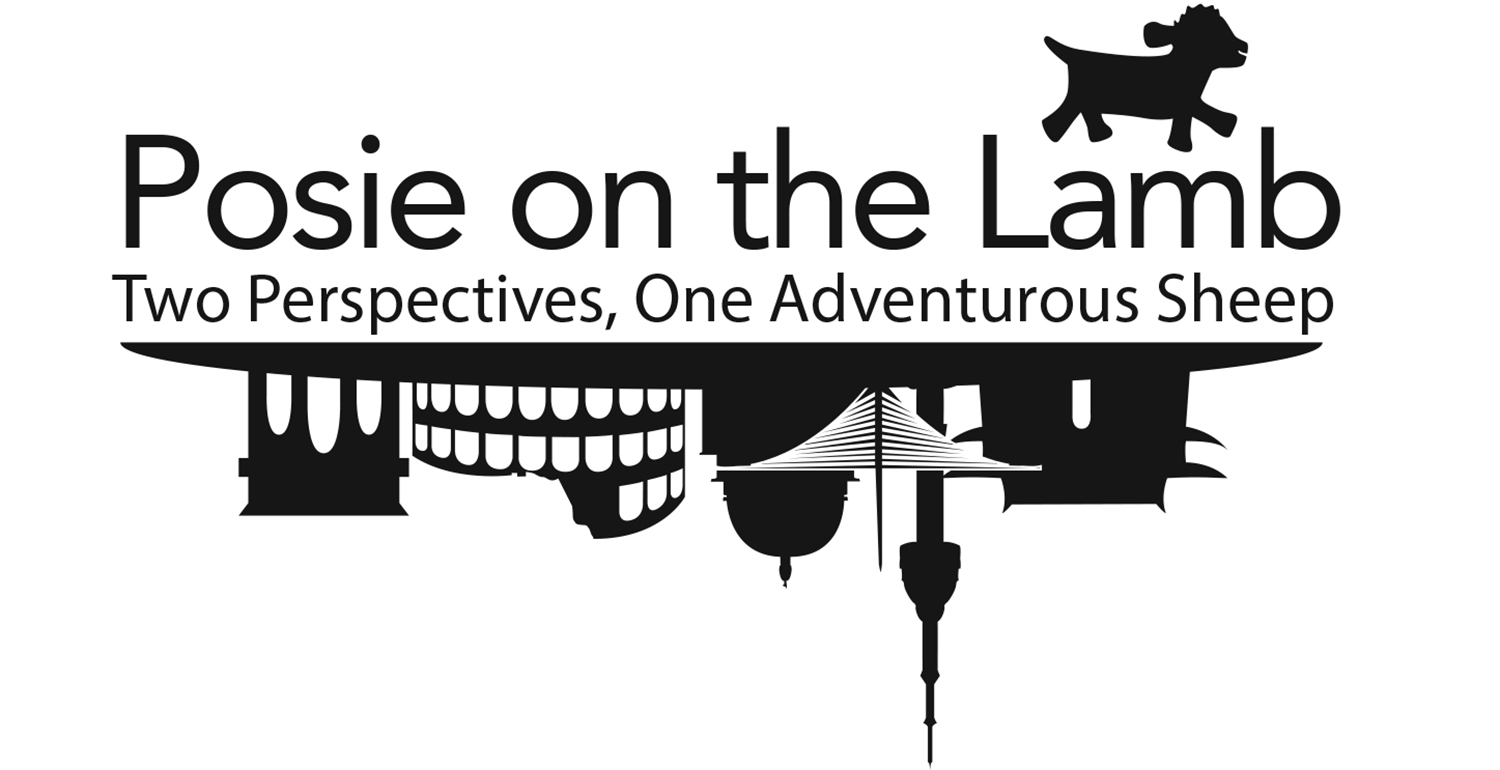Running With Scissors

Once a year, the Chungju air force base holds a pool party for the neighborhood children. All the nearby elementary schools are invited. It’s the base’s way of apologizing for noisy flyovers during class. I got to help supervise this year's festivities--a big responsibility, given that none of my students can swim.
I was surprised by how much pool rules differed from in the States. First the students had to practice CPR and rescue breathing, after which came a round of stretching and warm-up exercises. Actual swimming was limited to thirty minute periods to avoid overexertion. But running by the pool was totally allowed, and during the mandatory breaks, the kids were stuffed with teriyaki burgers and Pepsi before being tipped back into the water.
Which got me thinking about all the different ways Americans and Koreans approach safety.
Americans get a bad rap for being overly squeamish and hygiene-conscious. I'm not saying we don't deserve it--we do, and I'm in the vanguard of the "Ew, don't eat that!" brigade. One of my biggest challenges in moving around the world has been adapting to the local version of safety. Generally, when something strikes me as WTF dangerous and crazy (like letting a 16 year-old go to Seoul for the weekend by herself), I make an effort to rethink the situation from a Korean point of view. Often, this works. Sometimes, it just doesn't.
Like running with scissors. I know this is so kindergarten of me, but I've seen these kids' motor skills, and I am not in favor of letting them careen around with pointy objects. But my students do it constantly. As far as I can tell, I'm the only one who tries to stop them. And I have never seen anyone, regardless of age or speed, hold a scissors point down. It's all blade out, presumably in case you meet a mortal enemy while flying down stairs. I’ve yet to see a skewering, but it’s just a matter of time.
Then there's the laidback approach toward refrigeration, especially for dairy products. I know people who store cream cheese and pizza in their desk drawers. Said desks are six feet from a fridge. It’s not like it would be an arduous journey. Instead, I unearth perishables among the paper clips. To be fair, there is no dairy in traditional Korean cuisine, and sometimes local “cheese" is soy-based, rather than cow-based. This is small comfort when someone wants to split a bagel.
But my biggest puzzle is seat belts.
Koreans have a prodigious and well-earned reputation behind the wheel (SK garnered the top position for pedestrian deaths in the OECD last year—well done, guys), but what maddens me most are the seat belts. Or general lack thereof. Korean law only requires seat belts for people in the front seats. Spotting a back seat buckler is like having a close encounter with a unicorn. My carpool still comments when they hear my belt click in place. It’s not that I’m pious. I’ve just seen the way these people drive.
Additionally, there is zero requirement to secure children, of any age, in any seat of the car. Mothers ride with infants in their arms. Kids ramble around the backseats unrestrained. I saw a guy buckle himself firmly into the front seat, then pull his four year old onto his lap. Koreans attitude toward their children resembles Gollum with his ring, so the lack of child safety seats baffles me.
That being said, I creep out Koreans on a regular basis with my inexplicable American habits. For example, I divvy out food with my hands.
My attitude: Hey, I washed these paws, it's all good. Theirs: OMG, don't you know we have gloves for that? No, I don't want to eat it now.
Also, I keep forgetting to bring my toothbrush to work. Koreans are, to my mind, oral hygiene fanatics. To them, I’m a mossy-mouthed weirdo who never brushes after lunch. It's not just unhealthy, it's gross. And Koreans cannot believe I was driving a car at 16. What kind of messed up society lets children take the wheel? Don't we know there's a dangerous world out there?
Perspective. It's everything.
-Erin

